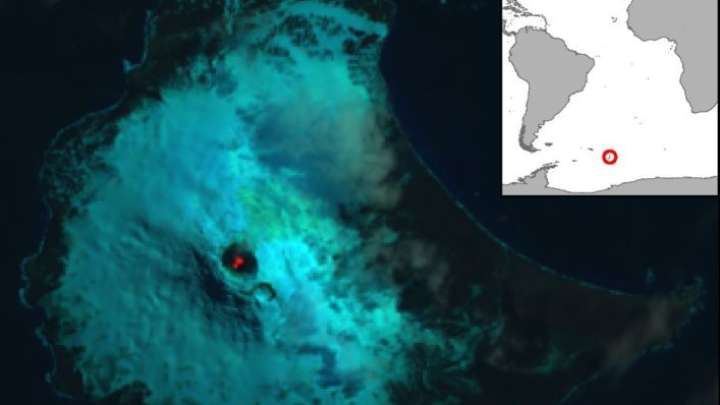Jul 6, 2019
Incredibly Rare Lava Lake Discovered On Remote Sub-Antarctic Island
Posted by Genevieve Klien in category: space
Nestled amongst glaciers in one of the world’s most remote and volcanically active island ranges lies an incredibly rare lake of lava only now confirmed by scientists in the Journal of Volcanology and Geothermal Research.
Residing on Saunders Island in the South Sandwich Islands, measuring between 90 and 215 meters (295 and 700 feet) in diameter, and with temperatures soaring above 1,200°C (2,160°F), the lava lake of Mount Michel joins just seven other known features of this nature on Earth. Lava lakes are extremely rare with even the most persistent ceasing after just a century.
“We are delighted to have discovered such a remarkable geological feature in the British Overseas Territory,” said study author and geologist Alex Burton-Johnson in a statement. “Identifying the lava lake has improved our understanding of the volcanic activity and hazard on this remote island, and tells us more about these rare features, and finally, it has helped us develop techniques to monitor volcanoes from space.”


















